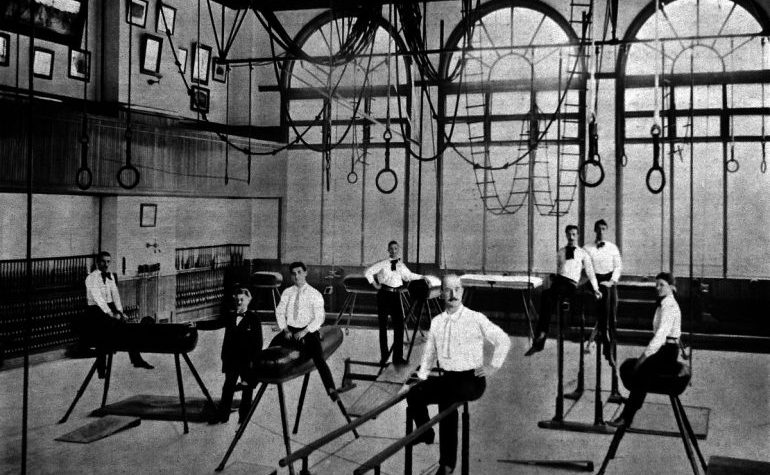Is Anyone Reading Your Blog Posts?: Building a Literary Community in the Age of Facebook
 In the creative writing for new media course I teach at the University of Iowa, we spend the first few weeks talking about ways in which technology has changed the way we communicate with one another, for better or worse. When it comes to Facebook in particular, it’s interesting to hear my students articulate the very real drawbacks far better than I could. A question I love to ask them–after we’ve all agreed that at least one of social media’s major boons is enabling contact with strangers across the world with whom we might never have had contact (and what is the goal of literature if not this?)–is, “Yes, but what about the quality of these interactions? The depth? The intimacy?”
In the creative writing for new media course I teach at the University of Iowa, we spend the first few weeks talking about ways in which technology has changed the way we communicate with one another, for better or worse. When it comes to Facebook in particular, it’s interesting to hear my students articulate the very real drawbacks far better than I could. A question I love to ask them–after we’ve all agreed that at least one of social media’s major boons is enabling contact with strangers across the world with whom we might never have had contact (and what is the goal of literature if not this?)–is, “Yes, but what about the quality of these interactions? The depth? The intimacy?”
“Sometimes I find myself ‘liking’ things just because they don’t have any ‘likes’ and I feel sorry for them,” one student admits.
“I ‘like’ articles sometimes without even reading them,” another confesses.
“People tell me happy birthday on Facebook and I have no idea who they are but it feels good to have so many friends,” another pipes up.
What they’re describing, of course, is the potential for superficial connections online. The internet’s vicious enabling of a kind of lazy and false authenticity.
This is usually when I reveal my own online experiments in superficial intercommunication: the shocking number of “likes” garnered versus the number of people who actually clicked the links to those entries on my personal blog. All the times I’ve shared a fellow writer’s book link without actually having purchased and read the book myself.
I don’t believe this kind of thing is ever malicious, but I do think it’s vicious. There are only so many hours in the day, after all, and our attention spans aren’t what they used to be. It’s natural to want to be a member of a community, and one easy way to show your support is to “like” someone’s status. Even if you don’t read the personal blog or article to which they’ve linked, at least most people will believe you have. Then, you are, technically, doing your bit to support them. But by that logic it’s possible no one is reading the blog or article—that we’re all just wandering around blindly flashing our thumbs up at each other. And though it may make us feel special, it’s not making the literary community any tighter–only more hollow and prone to a new kind of vile economy: the rampant commodification of popularity.
If we strive to build any kind of community worth a damn–online, literary, or otherwise–then it’s necessary to put in the work of reading each other’s words and not let ourselves slip into the sin of slapping “likes” on something just to achieve the illusion of support. I’d much rather five people actually read what I have to say than fifty people “like” it without ever looking at the content.



